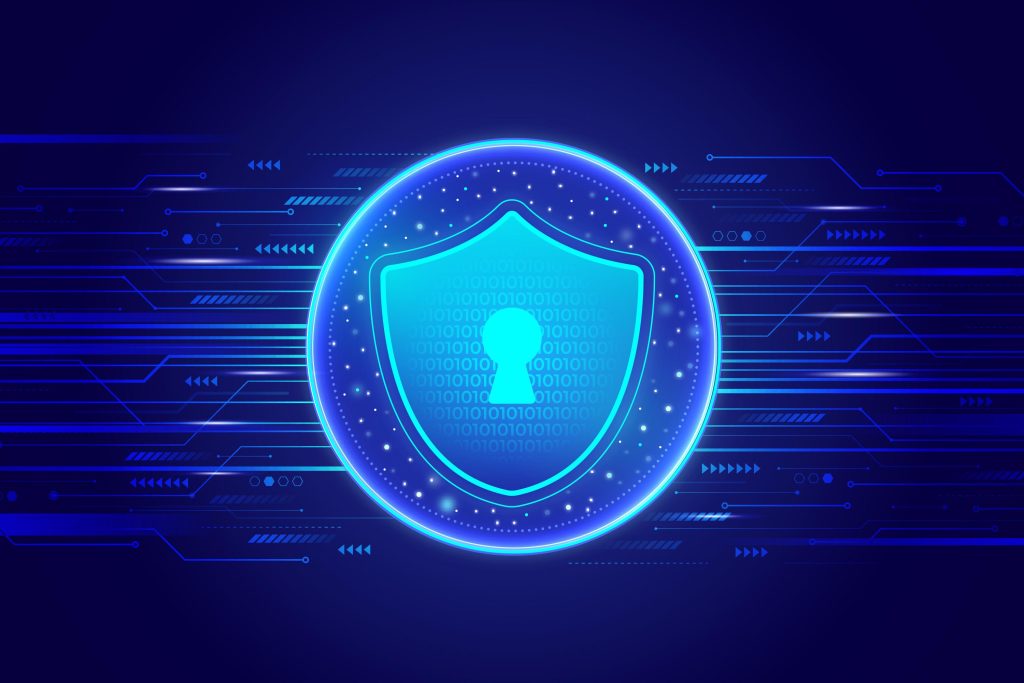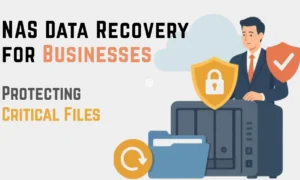As a small business owner, you know the importance of protecting your data and customer information from cyber threats. Unfortunately, small business owners are often the target of cybercriminals, making it important to understand the risks and take steps to keep your business secure. This blog post will discuss the top 8 helpful cyber security tips that small business owners should know. From understanding the risks to implementing the latest security measures, we’ll share advice and best practices to help keep your data and customer information safe from malicious actors. These tips will help you create a stronger cyber security profile and ensure that your business is ready to face any cyber threats that may come your way.
Encouragement to Small Businesses to Take the Necessary Steps to Ensure Their Cyber Security

As a small business owner, you must take the necessary steps to ensure the highest level of cyber security. Listed below are the most important steps to ensure cyber security.
1. Create a culture of security
Make sure that cyber security is a priority for everyone in your organization, from top to bottom. Have regular training on cyber security best practices and ensure that all employees understand the importance of keeping data safe.
2. Invest in the right tools
Invest in tools that can help you monitor and protect your organization’s data. This includes firewalls, antivirus software, and other security software. Make sure that you keep these tools up to date.
3. Educate yourself
Ensure you understand the basics of cyber security and stay updated with the latest news and trends. You should also be aware of the laws and regulations that apply to your business.
4. Monitor for threats
Make sure you regularly monitor for potential threats. This includes monitoring your networks, systems, and applications for suspicious activity.
5. Know your data
Understand what your business collects and how it’s stored. This will help you better protect it.
6. Have policies and procedures in place
Make sure you have policies and procedures to protect your data and respond to threats. This includes having an incident response plan.
7. Have a comprehensive cybersecurity plan
Ensure that you have a comprehensive cybersecurity plan in place, including a risk assessment, cyber security policy, and employee training.
8. Invest in cyber security solutions
Invest in cyber security solutions such as firewalls, antivirus software, and encryption technologies to protect your data from external threats.
Top 8 Helpful Cyber Security Tips To Secure Your Business Data
Protecting yourself online is vital to keep your personal and financial information safe. Here are eight cyber security tips to help you stay safe and secure on the internet.

1. Use Strong Passwords
The most basic cyber security rule is strong passwords. Passwords should contain numbers, upper- and lower-case letters, and symbols. Avoid using words that can be easily guessed, like your name, address, or phone number. Passwords should also be changed regularly.
2. Keep Software Up-to-Date
Make sure to keep your Software up-to-date, including your operating system and any applications you use. Hackers can exploit vulnerabilities in outdated Software to gain access to your system.
3. Use Two-Factor Authentication
Two-factor authentication adds an extra layer of security to your accounts by requiring you to enter a code sent to your mobile device or email address in addition to your password. This makes it much harder for hackers to gain access.
4. Avoid Clickbait
Be suspicious of clickbait and links in emails, social media posts, and other online sources. Malicious links can be used to install malware on your system, so it’s best to avoid them.
5. Backup Your Data
Back up your data regularly to an external hard drive or cloud storage. If your computer is attacked, you won’t lose all your important data.
6. Be Careful When Sharing Personal Information
Be careful when sharing personal information online. Don’t post your address, phone number, or bank account number. Be aware of what you’re sharing and with whom you’re sharing it.
7. Keep Your Software Up-to-Date
Make sure to keep all of your Software and apps up-to-date with the latest security patches. This includes your operating system, web browsers, and any other applications you use.
8. Use Antivirus Software
Make sure to use antivirus software to protect your computer from malware, viruses, and other malicious Software.
Conclusion
The reality of cyber threats is that they are real, and they can have disastrous consequences for small businesses. There is no one-size-fits-all solution to protect your business from cyber threats, but following the top 8 helpful cyber security tips outlined in this blog can help you stay ahead of the curve. From investing in the right Software to training your staff, there are plenty of ways to keep your business secure. Taking the time to properly protect your business from cyber threats can pay off in the long run and help you remain competitive in the digital world.
































































